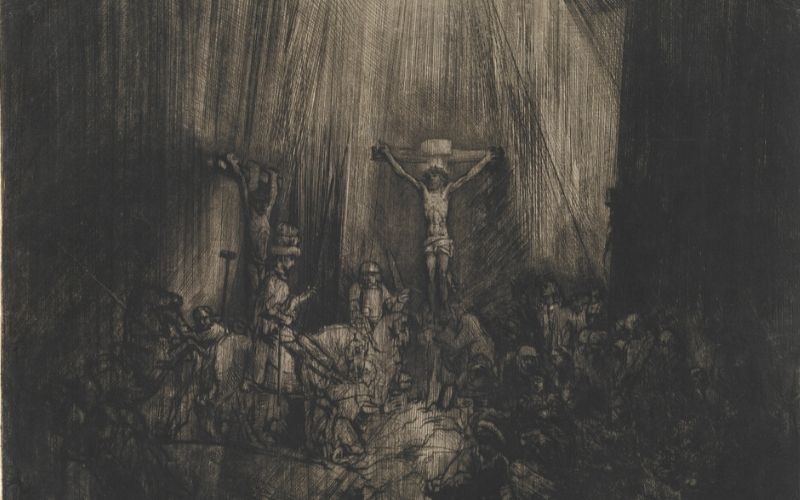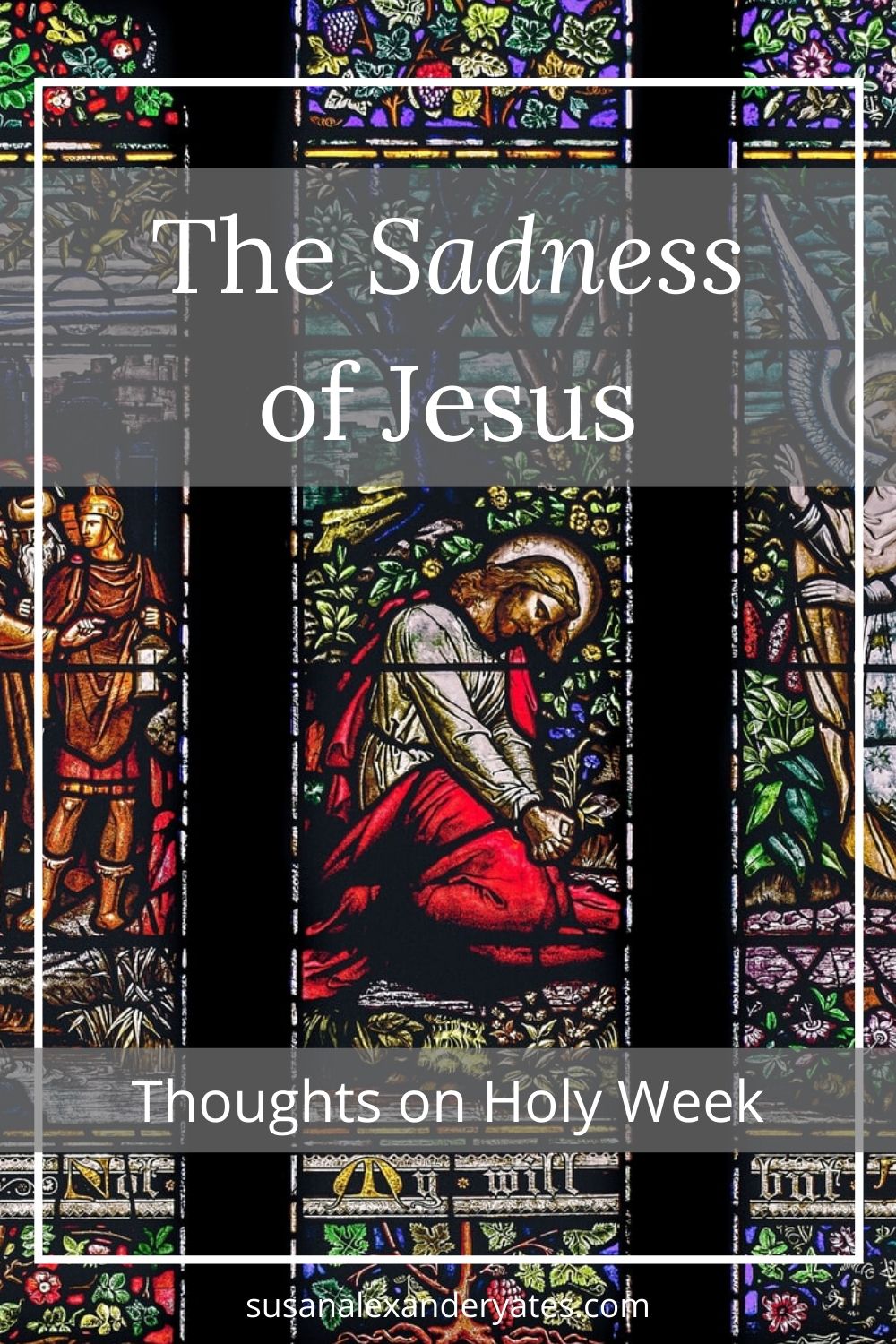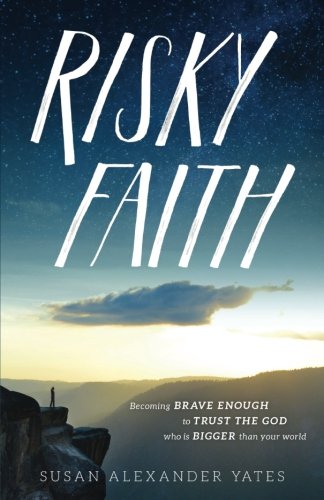As this horrible virus rages across the globe, our emotions race from one extreme to another. They resemble a complicated roller coaster. We sink down to the depths of tremendous fear to rise cautiously to the heights of hope.
And the ups and downs in between swirl out of control — frustration, confusion, boredom, criticism, loneliness, blame, anxiety, anger, sickness, doom. We don’t know what’s coming next. We brace ourselves. It’s enough movement to make even the most stoic feel sick.
At the core of our emotions, there is one that seems to always be there:
A deep underlying sadness.
We can’t fix the sadness, can’t banish it, can’t solve it. It just stays. Heavy, unmovable. Just there.
It might cause us to feel guilty because we think, “I ought to be able to trust God with this. Get over it, move on.” We try to work our way out of deep sadness but that only causes frustration or piles on more guilt.
We wonder, does anyone else feel this underlying, deep sadness?
Yes, most of us do. And all throughout history people have, over and over again.
The Hebrew people felt this over and over again. They cried out with unusual honesty to God sparing no words to describe their abject misery. One third of the Psalms are considered to be songs of lament.
Lament: a deep, deep sadness.

Christ in the garden. Photo by K Mitch Hodge on Unsplash, from St. Columb’s Cathedral in Northern Ireland.
Jesus himself experienced the deepest lament. He was deeply saddened.
Consider how He must have felt —
When He wept at the death of Lazarus, his dear friend. (John 11:35)
When He wanted to gather the Jews as His children and they were not willing. (Luke 13:34). His great parental love understands the love we have for our children.
When Peter, his “best friend,” the one on whom he was going to build his church denied three times that he even knew him. (Matthew 26: 69-75.)
When in the garden of Gethsemane he was so anguished over what was to come, He said to his three friends, “My soul is overwhelmed with sorrow to the point of death, stay here and keep watch with me. (Matthew 26:38). BUT his best friends let Him down and fell asleep instead. (Mathew 26:45)
When as He hung dying on the cross, He had to witness the agony of His own mother as she watched his pain, his death. (John 19:25-27)
When He felt forsaken by God His Father in the final moments of his death. (Matthew 27:45)
What difference does this make?
A big difference.
What does Jesus’s lament have to do with this disease sweeping our world, our friends, our family?
We can trust that He joins us in our lament even though He sees the providential hand of His Father at work in it all.
The writer to the Hebrews tells us that we do not have a high priest who cannot sympathize with our weaknesses but one who has been tempted in every way we are, yet without sin. Therefore we can approach God’s throne of grace with confidence so that we may receive mercy and find grace to help us in our time of need. (Hebrews 2: 17-18; 4:14-16.)
Jesus understands our deep sadness. Our lament.
Psalm 147: 5 declares, “Great is our Lord and mighty in power; his understanding has no limit.”
NO limit. He gets us. He lives within our deep sadness, our lament.
Although the Jews expressed raw sadness in their Psalms of lament, with the rare exception they did not remain in their agony. After letting everything out, they turned their song back to praising God.
The Father and the Son want you and me to share our deepest agony with them. And yet we need not get stuck there. We, like the children of Israel, must turn our thoughts back to who God is, especially when we don’t feel like it. If we don’t, we will sink. (See How to Adapt to Our New Reality with Humility and Faith.)
There has never been an Easter week like this one in the Christian calendar. We are in the midst of an historical lament.

Rembrandt, Christ Crucified Between Two Thieves, from the Rosenwald Collection of the National Gallery of Art. Used with permission.
I want to invite you to join me on a different kind of walk through Holy Week this year.
Go slowly.
Soak in Good Friday.
Ask yourself:
How it would have been to be in the shoes of Jesus. What was it like for Him today? What were his deep sadnesses? What would He say to me where I am right now?
We dare not rush past Holy Week and Good Friday.
Remember Jesus’s last words on the cross: It is finished.
If we don’t enter into the pain of Holy week and particularly Good Friday we will not appreciate Easter.
Lament with Jesus and only then
Rejoice with the victory of Easter. HE HAS CONQUERED DEATH. We can have hope.
This week as I have been thinking about lament. The following thought came to me,
Susan, my greatest lament is that you don’t really know how much I love you.
How about you? How is God speaking to you through this season? I pray that we all hear His voice and know His deep love.
I want to recommend my friend Sarah Hagerty’s new book, Adore. It was unknowingly written for “such a time as this.”
Save this post on Pinterest:


 I have a gift for you! Camp at Home includes 100 things for you to do with your kids of different ages, from toddlers to teens. Join my email list now to get Camp at Home for FREE!
I have a gift for you! Camp at Home includes 100 things for you to do with your kids of different ages, from toddlers to teens. Join my email list now to get Camp at Home for FREE!

Susan.
Spot on. Thank you for writing and sharing this. Entering in, with God’s help.
Thank you Jennifer! You are a faithful reader:)
Blessings, Susan
Hi Susan, Happy Holy Week to you and John. Thank you for your thoughts of this trying time. Ralph and I are sheltering in place as asked. We are getting together with our close friend on our patio. Little Happy Hours makes feel back to normal if only for a short period. We are enjoy church on pod cast and all the other devotions Sam plans for us. Do miss going to church and seeing friends and the beautiful new church. Wishing you a Happy Easter stay safe.
Thank you Jennifer! You are a faithful reader:)
Blessings, Susan